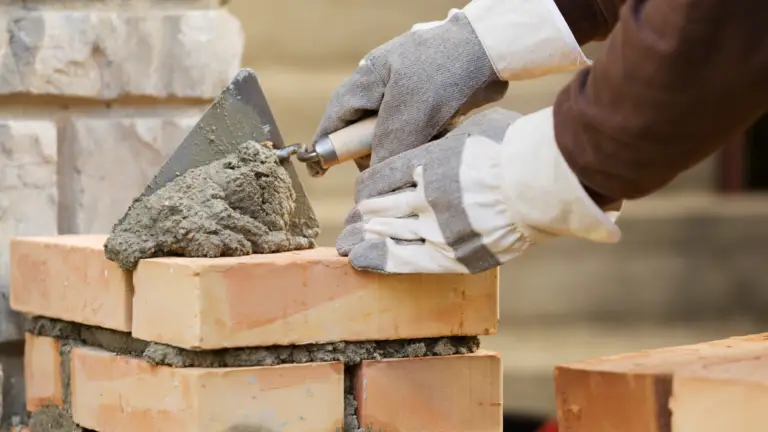Bricks have been a fundamental building material for centuries, offering durability, versatility, and aesthetic appeal. In this blog, we will explore the different types of bricks used in construction and their specific applications. Understanding the characteristics and uses of each type of brick is essential for choosing the right material for your construction project.
For more information about AH construction click HERE
Clay Bricks:
Clay bricks are one of the most common types of bricks used in construction. They are made by baking molded clay in a kiln. Clay bricks offer several advantages, including:
- Strength and Durability: Clay bricks are known for their strength and ability to withstand various weather conditions. They have a high compressive strength, making them suitable for load-bearing walls.
- Thermal Insulation: Clay bricks have excellent thermal insulation properties, helping to regulate indoor temperatures and reduce energy consumption.
- Fire Resistance: Clay bricks are highly resistant to fire, providing an added layer of safety to buildings.
- Aesthetic Appeal: Clay bricks come in various colors and textures, allowing for diverse architectural designs.
Applications:
- Load-bearing walls in residential and commercial buildings.
- Facades and exterior walls.
- Interior walls for thermal and acoustic insulation.
Concrete Bricks:
Concrete bricks are made from a mixture of cement, sand, and aggregate, which is compacted and cured. They offer the following benefits:
- Strength and Versatility: Concrete bricks are strong and versatile, suitable for various construction applications.
- Cost-Effective: Concrete bricks are typically more affordable compared to other types of bricks.
- Dimensional Accuracy: Concrete bricks have consistent dimensions, making them easier to work with during construction.
Applications:
- Exterior walls in residential and commercial buildings.
- Retaining walls.
- Paving and landscaping projects.
Sand-Lime Bricks:
Sand-lime bricks are manufactured by mixing sand, fly ash, lime, and water, followed by a steam-curing process. These bricks offer unique properties:
- High Strength: Sand-lime bricks have high compressive strength and are resistant to weathering.
- Sound Insulation: They provide excellent sound insulation, making them suitable for buildings in noisy areas.
- Eco-Friendly: Sand-lime bricks are made from abundant natural materials and have a lower carbon footprint compared to traditional clay bricks.
Applications:
- Load-bearing walls in residential and commercial buildings.
- Partition walls.
- Industrial and agricultural structures.
Fly Ash Bricks:
Fly ash bricks are made from the byproduct of coal combustion, known as fly ash, mixed with cement, sand, and water. They offer the following advantages:
- Sustainability: Fly ash bricks utilize waste material, reducing the environmental impact of construction.
- Thermal Insulation: They have good thermal insulation properties, helping to maintain comfortable indoor temperatures.
- Lightweight: Fly ash bricks are lighter in weight compared to traditional clay bricks, making them easier to handle during construction.
Applications:
- Non-load bearing walls.
- Internal partitions.
- Low-rise residential and commercial buildings.
Fire Bricks:
Fire bricks, also known as refractory bricks, are designed to withstand extremely high temperatures. Their characteristics include:
- Heat Resistance: Fire bricks can withstand temperatures of up to 1,800°C (3,272°F) without deformation.
- Insulation: They provide excellent insulation against heat, making them ideal for fireplaces, kilns, and furnaces.
Applications:
- Fireplaces and chimneys.
- Furnaces and kilns.
- High-temperature industrial applications.
Understanding the different types of bricks and their applications is crucial for choosing the right material in construction projects. Clay bricks, concrete bricks, sand-lime bricks, fly ash bricks, and fire bricks each offer unique properties and benefits. By selecting the appropriate brick type, you can ensure the durability, strength, and aesthetic appeal of your construction project. Consult with professionals in the field to determine the most suitable brick type for your specific requirements.
To view AH Construction’s projects click HERE




